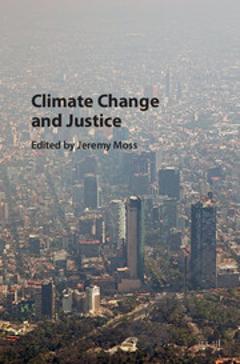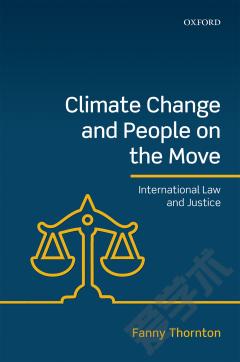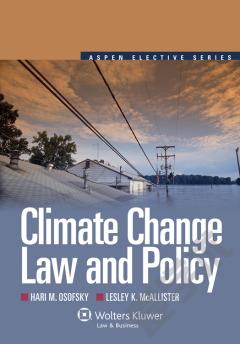Human Rights and Climate Change
As the effects of climate change continue to be felt, appreciation of its future transformational impact on numerous areas of public law and policy is set to grow. Among these, human rights concerns are particularly acute. They include forced mass migration, increased disease incidence and strain on healthcare systems, threatened food and water security, the disappearance and degradation of shelter, land, livelihoods and cultures, and the threat of conflict. This inquiry into the human rights dimensions of climate change looks beyond potential impacts to examine the questions raised by climate change policies: accountability for extraterritorial harms; constructing reliable enforcement mechanisms; assessing redistributional outcomes; and allocating burdens, benefits, rights and duties among perpetrators and victims, both public and private. The book examines a range of so-far unexplored theoretical and practical concerns that international law and other scholars and policy-framers will find increasingly difficult to ignore.
{{comment.content}}








 京公网安备 11010802027623号
京公网安备 11010802027623号